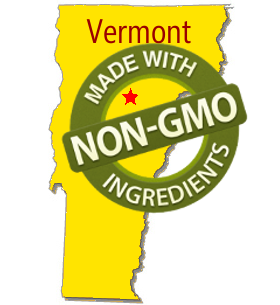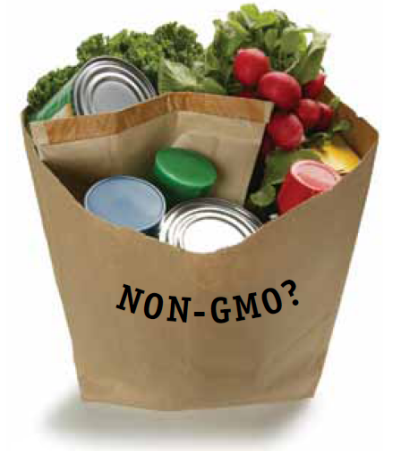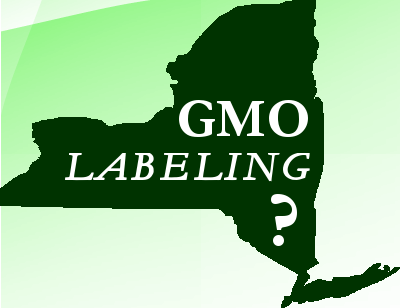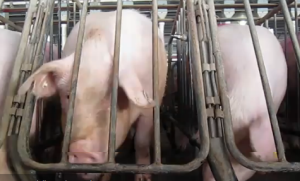With farmers facing corn rootworm resistance in at least 13 states, the Environmental Protection Agency has proposed a framework earlier in the year to improve the corn rootworm resistance management program.
|
|
|||
|
A Federal judge upholds GMO labeling law as constitutional setting up an appeal. Also questioned the ‘natural’ labeling of products with GE ingredients. The Economic Research Service, an arm of the U.S. Department of Agriculture, in its second report, Genetically Engineered Crops in the United States, downplayed the impact of glyphosate resistance and gave Bt crops the kid gloves treatment. China’s rejection of shipments containing low levels of unapproved genetically-modified organisms is another incident of GMO contamination that is disrupting US food and feed trade. There is no scientific consensus that GM crops are safe, especially when the views of the scientific community independent of the GM crop development industry are taken into account. Is “cutting-edge” biotechnology taking American agriculture backwards into a more toxic past? Connecticut will become the first and only state so far to require food manufacturers to label products containing genetically modified ingredients — but there is a catch! Legislation proposed in New York would require labeling of food or food products that contain a genetically modified material. With a deadline for a vote looming, can New Yorkers keep the bill alive? Polls open tomorrow in California and Californians are asked to choose whether genetically modified foods and ingredients should be labeled. Vote YES on Proposition 37 and urge others to do the same. Backed by overwhelming public support, California’s Right to Know Genetically Engineered Food Act will be on November’s ballot as Proposition 37. There is a growing demand from consumers to know what is in their food. In response to this demand, sprouting across the nation are bills seeking to label foods containing genetically modified ingredients. This past November, the U.S. Environmental Protection Agency report cited “severe efficacy issues” with Monsanto’s Bt corn after multiple states reported “unexpected pest damage.” Dennis J. Kucinich (D-OH) has once again introduced a bill that would require require the labeling of all foods that contain or are produced with genetically engineered material. It is a counter-balance to another pending legislation that could strip USDA of some of its authority to approve to biotech crops. The U.S. House Committee on Agriculture is meeting to “review the causes and consequences of government over-regulation of agriculture biotechnology.” Public pension fund managers are increasingly investing in commodities like farmland around the globe. Should workers’ retirement savings be invested in schemes used to displace workers in other parts of the world? We have been closely following the “ag gag” bills that are cropping up across the country criminalizing the undercover taking of farm videos and photographs. New York is the latest state to consider a bill that would impose more stringent sanctions on those revealing animal abuse than the abusers themselves. Recently, Sec. of Agriculture Tom Vilsack compared biotechnology and sustainable agriculture to two sons, for whom he declared equal love. Read on to learn why biotech has in fact been the agency’s favorite “son.” USDA often sides with and promotes industry interests. Its new pilot program allowing biotech developers to prepare their own safety studies or pay for those selected by the agency will only reinforce the image of an agency regulating for the industry. A bill that waters down EPA protections of the Clean Water Act is recommended for consideration by the House as a whole. This is one of several Republican sponsored bills aimed at reducing EPA powers. PAMTA - the legislation that addresses overuse of antibiotics in the agricultural system, which leads to antibiotic resistance in the human population, is once again introduced by Congresswoman Slaughter. The usual and unusual politics surrounding the deregulation of genetically engineered alfalfa. Cardinal Turkson, the head of the Pontifical Council for Justice and Peace, discussed GMOs in an interview with the Vatican newspaper. |
|||
|
 |
|||
















